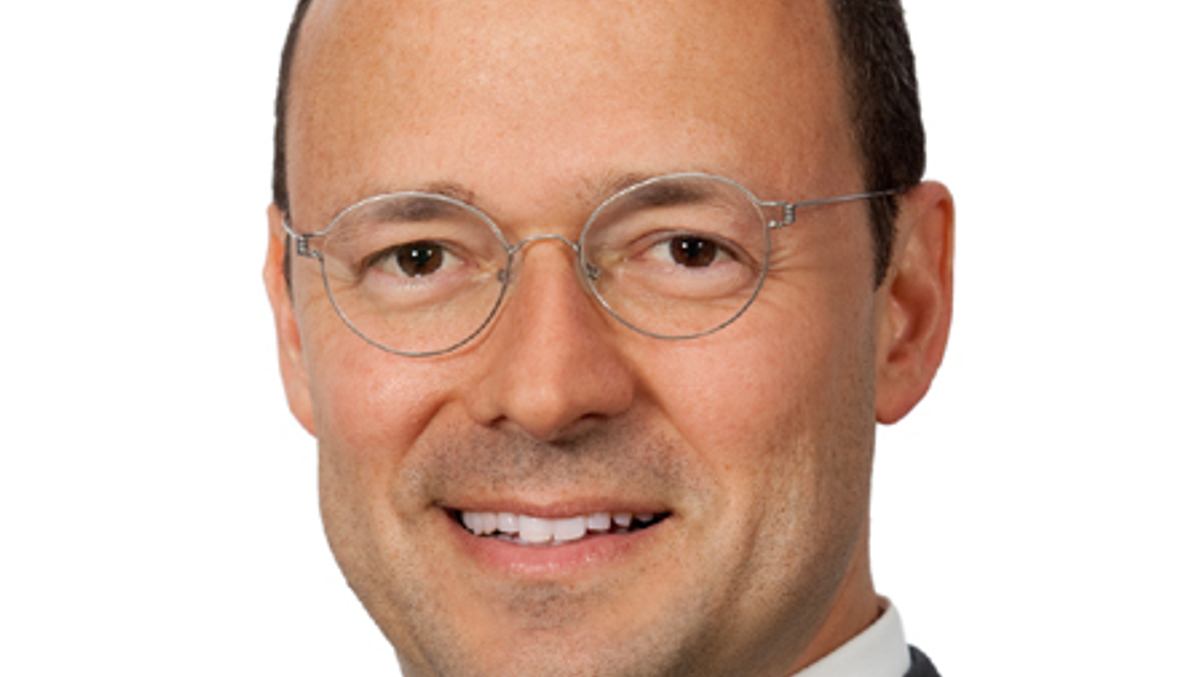Salata closes $4bn fund, sees more big deals
The CEO of Baring Private Equity, Jean Eric Salata, talks up Asia buyout opportunities in a ripe fundraising environment after closing the sixth fund far higher than initially targeted.

Baring Private Equity's founding partner and CEO, Jean Eric Salata, says he sees more large-scale buyout opportunities arising across Asia after the firm closed its sixth fund yesterday at a shade under $4 billion, far higher than it was initially targeting.
Sign in to read on!
Registered users get 2 free articles in 30 days.
Subscribers have full unlimited access to AsianInvestor
Not signed up? New users get 2 free articles per month, plus a 7-day unlimited free trial.
¬ Haymarket Media Limited. All rights reserved.


